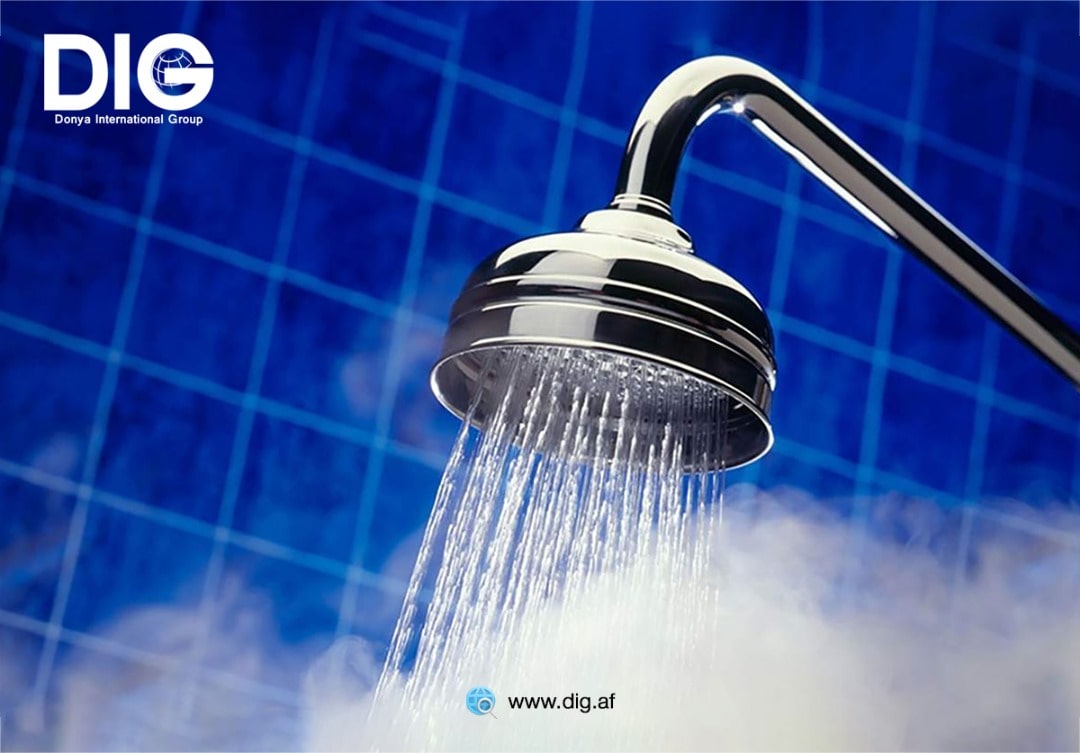


In this article, we will explore the harmful effects of hot water baths and provide tips on how to minimize these negative impacts.
Taking a hot water bath is a simple and relaxing daily pleasure. For many people, a hot bath after a busy day is a way to unwind and relieve stress. However, while this common habit has some benefits, it can also have detrimental effects on your health, skin, and even your hair. In this article, we will explore the harmful effects of hot water baths and provide tips on how to minimize these negative impacts.
1. Skin Dryness and Depletion of Natural Moisture
One of the major downsides of bathing with hot water is skin dryness. Hot water can strip away the natural oils that protect the skin, leading to dryness, itching, and irritation. This issue is especially problematic for those with sensitive skin or conditions like eczema. Natural oils play a vital role in retaining moisture and keeping the skin supple. When these oils are washed away by hot water, the skin quickly loses its moisture and becomes dry and flaky.
2. Aggravation of Sensitivity and Eczema
People who suffer from skin conditions such as eczema or psoriasis may find that hot water baths worsen their symptoms. Sensitive skin is easily affected by temperature changes, and hot water can further irritate the skin. Studies show that those who suffer from eczema or severe dryness should lower the water temperature to prevent worsening of symptoms.
3. Weakening of Hair
Hot water affects not only the skin but also hair. Washing hair with hot water can open up the hair cuticles, causing hair to become dry and fragile. Over time, this can lead to a loss of shine and smoothness, making the hair more prone to breakage and split ends.
4. Increased Risk for Heart and Blood Pressure Issues
Those who suffer from high blood pressure or heart diseases should be cautious when bathing with hot water. High water temperatures can cause blood vessels to dilate and increase blood flow. This can be dangerous for people with heart conditions, as it may raise blood pressure and worsen symptoms.
5. Fatigue and Reduced Energy Levels
Contrary to popular belief, hot water does not always lead to increased energy or happiness. In fact, some people experience increased fatigue and a loss of energy after a hot bath. Hot water forces the body to regulate its temperature, which can contribute to overall tiredness.
6. Weakening of the Immune System
Frequent exposure to hot water can weaken the immune system. Sudden temperature changes force the body to expend more energy to regulate its internal temperature, which may lower its ability to fight off illnesses. Over time, this can reduce the body's overall immune response.
7. Negative Impact on Blood Vessels
Another downside of hot water is the dilation of blood vessels, which increases pressure on them. This can lead to redness in the skin and even broken blood vessels. People who regularly use hot water may face issues with visible veins on the skin.
8. Joint Pain Aggravation
For those suffering from arthritis, while hot water may provide short-term relief, overuse can exacerbate the symptoms. Hot water dilates blood vessels and increases pressure on the joints, leading to more inflammation and pain.
How to Minimize the Harmful Effects
While using hot water shouldn’t be completely avoided, some simple precautions can help reduce its negative effects:
Conclusion
While hot water baths can provide temporary relief and pleasure, they also come with significant downsides. To avoid these harmful effects, it’s recommended to keep water temperatures moderate and avoid prolonged baths. By following these simple tips, you can enjoy a relaxing bath while maintaining the health of your skin and body.